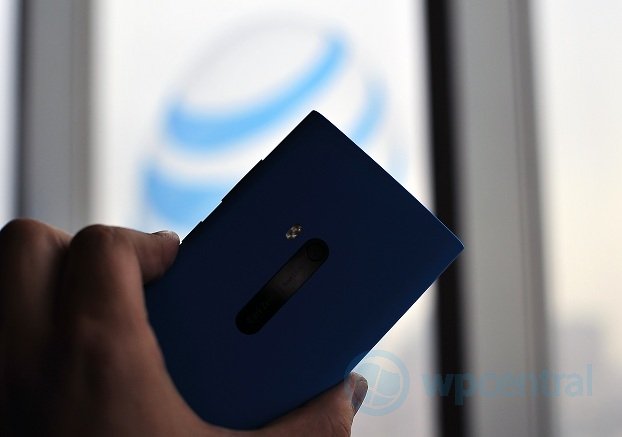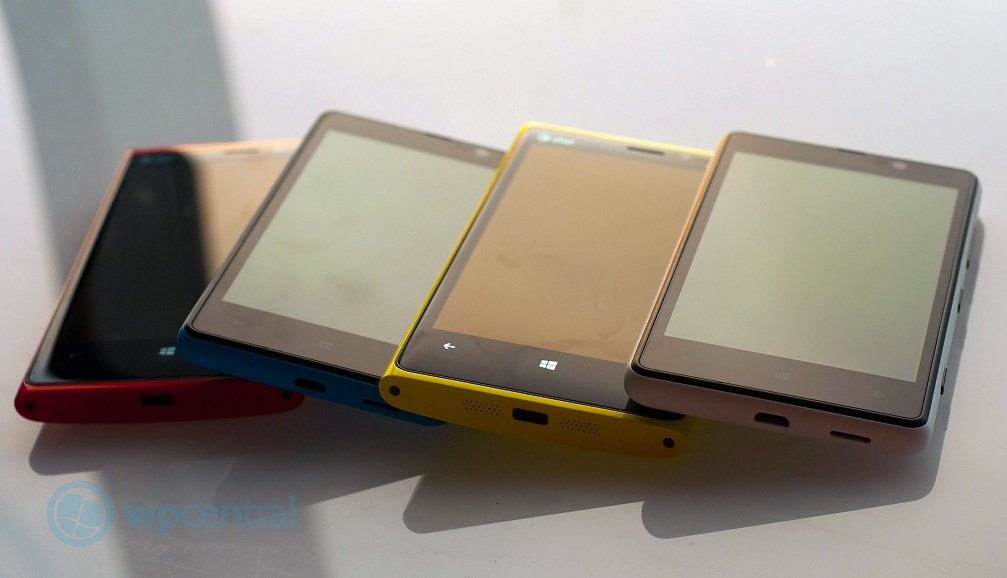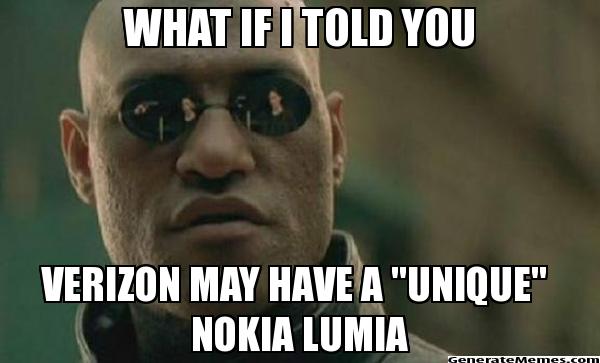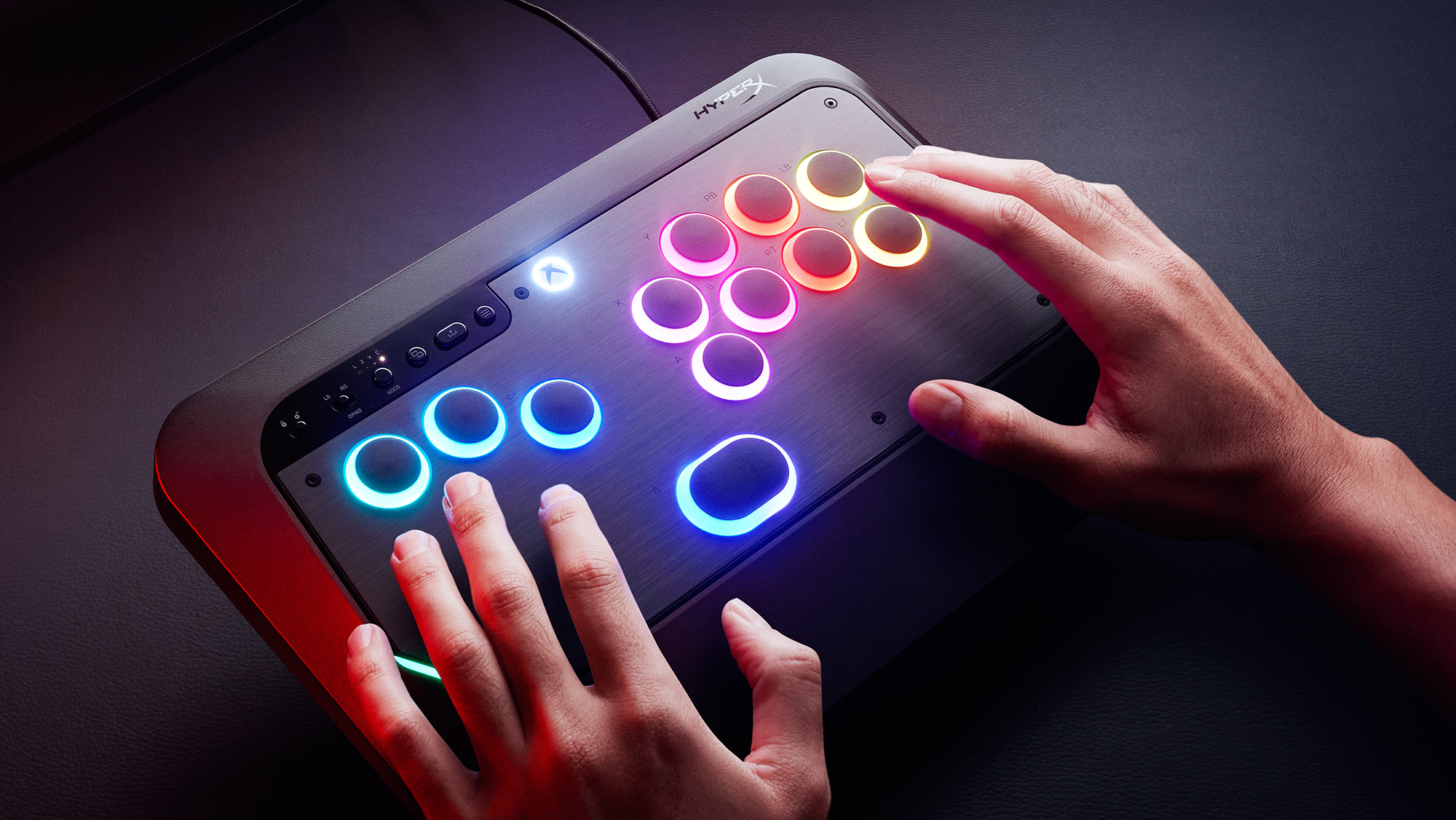Looking at Nokia’s carrier exclusives differently and what is Verizon’s Lumia 822?
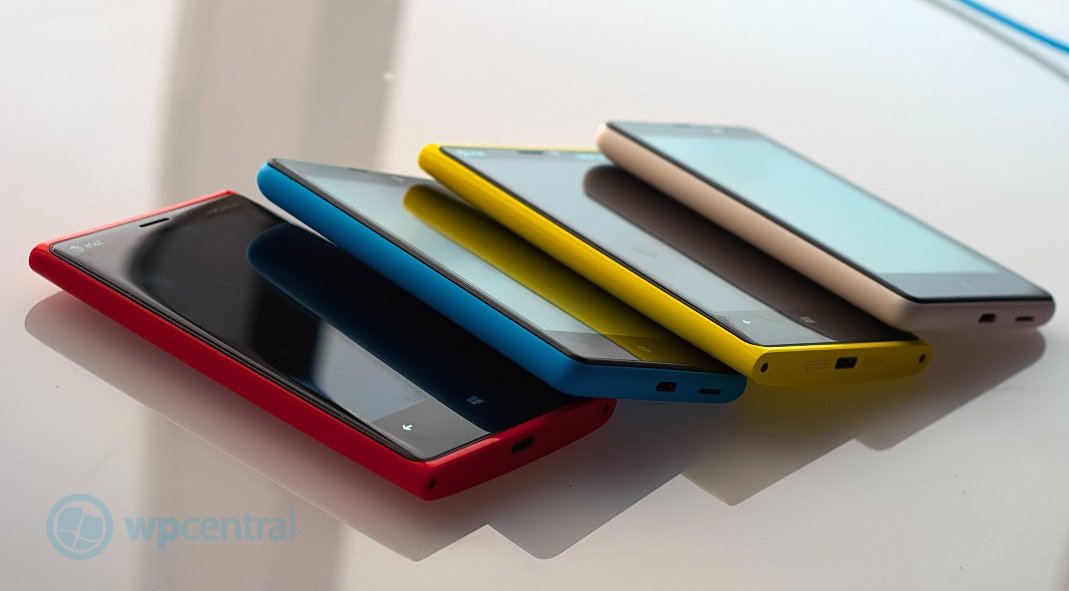
With yesterday’s announcement of the Nokia Lumia 820 and 920 coming to AT&T, the word that caught our eye and yours was “exclusive”. Even Rogers is now in on the "exclusive" action. The term was applied to both Lumia devices, although as pointed out in our forums, the 820’s exclusiveness to AT&T was dropped from Nokia’s site later in the day.
The tech’o’sphere has responded quite negatively to the news if only because the Lumia 920 has built up such demand that many people are cheering for its success. That success though depends on how many people can actually buy it, which in turn translates into carrier availability. If the Lumia 920 is only available on 1 of 4 major US carriers, well that’s certainly less people than had it been on two or three carriers. A pretty obvious impact.
The notion that the masses will drop their contracts with an existing provider and run to AT&T (or Rogers) for the 920 is misguided. The 920’s hype is just not there yet and with “family plans” growing in popularity, switching is just not as feasible as it used to be. Sure, some will switch but churn for specific devices (as opposed to being fed up with service) is just not that high anymore.
Why exclusive?
The first area we want to tackle is how this situation even arises. Lots of folks are blaming Nokia for the decision but the fact of the matter is we don’t know the details. Here are some scenarios though that come into play:
- AT&T could have refused to carry the Lumia 920 unless they had it locked in
- Non-AT&T carriers and Nokia might not have reached an amicable deal, with either side potentially turning down the other
- “Exclusives” could be timed. AT&T may have it all to themselves but only for a short period
- AT&T/Rogers may have an exclusive but only on that model number
- Exclusive deals often pay more to the OEM upfront
- Carrier deals often involve more than just the phone e.g. support and advertising
Chew on those reasons for a bit as they all get mixed into the bag. Sure, Nokia needs to put this phone on as many carriers as they can—they know that—but they do have to play ball with the carriers and at least here in the US, those guys play for keeps.
AT&T and Nokia have a fairly strong relationship. The carrier embraced the Lumia 900 in the past with only a mediocre response (the 900 was hardly the run away success people were hoping for, though it did greatly raise awareness). It makes sense that the carrier would, in essence, demand Nokia give them—and only them—the Lumia 920.
That’s not good for consumers but those who live in the US should know by now that the mobile phone business in the US is hardly buyer-friendly. (Anyone else notice all the carriers have rolled back the 30-day no-risk trial back to 14 days?). In essence, Nokia is trapped by the very system it needs to participate in—just like you and I.
All the latest news, reviews, and guides for Windows and Xbox diehards.
What does exclusive mean?
Here’s where we head into some speculation territory but there is some evidence here to support the ideas being put forth. To put it bluntly, AT&T (and Rogers) may have an exclusive on the Lumia 920 specifically but is that tied to the phone or the model number?
Verizon is expected to get the Lumia 820 or rather the Lumia 822--that much is known and that model number change should tell you something about what is going on here.
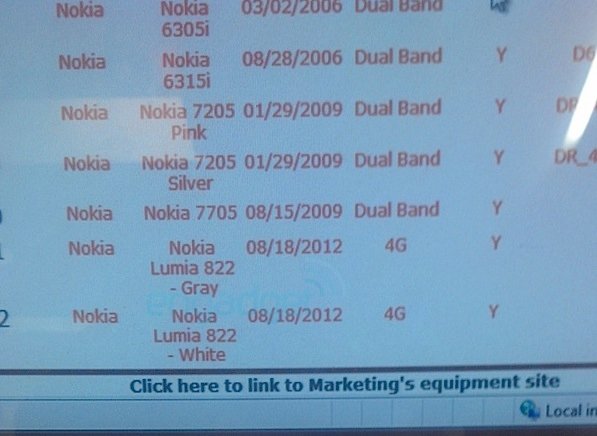
Verizon's upcoming-phone database
Nokia in the past have said they will work with carriers to have specialized, unique devices. Another company actually knows this system very well: RIM. If you ever found it difficult to keep up with all the BlackBerry 9xxx model numbers, you’re not alone. While that system is confusing to the consumer, to the carriers it means they have something special to cling to for advertising.
We think Nokia is taking the same tactic here and while the tech press is getting itself all wrapped up in the AT&T announcement, they’re forgetting that T-Mobile and Verizon have yet to announce anything yet for Windows Phone and Nokia.
We’re not quite prepared to say that there is a Nokia Lumia 922 for Verizon—frankly we have seen no evidence that it exists, but we do know that there is an 822 and Nokia to us appeared confident that this AT&T-exclusive controversy will blow over.
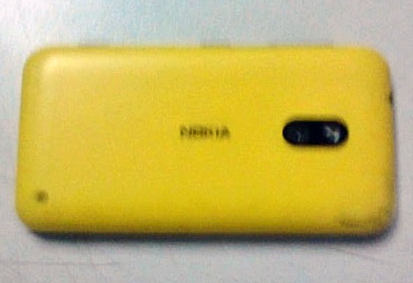
Anyone remember me?
So what is the Lumia 822?
Anyone remember this image, thought to be the Arrow? Notice we have yet to actually see that phone announced? It’s not the Lumia 920 (too rounded) and it’s not the Lumia 820.
People who are familiar with Verizon know they don’t like to be “just another carrier”. They too, like AT&T, want to offer something unique and we think the 822 is just that—a mix device between the 820 and 920. Could it be a 4.3” more rounded phone with the same PureView camera technology? It could very well be though details are non-existent at this time.
Through the grapevine we’ve heard that a certain US carrier may an announcement as early as Monday. We’re thinking T-Mobile at this point and it will be real interesting to see what they get, though we’re leaning on just the “820” model for them. So far T-Mo aims for “middle of the road” as opposed to “high end” for their customers.
And the take away is...
In conclusion, this whole exclusive mess may be much about nothing. Nokia’s Chris Weber said as much back in January and reiterated in June—they’re seeking to offer carriers “unique propositions” to help them bite at the Nokia line. From Bloomberg in June:
“The key to getting more Lumia phones into consumers’ hands is giving each carrier a “unique proposition,” so they can show how the devices stand out from the iPhone or Android models, Weber said.”
The fact of the matter is while consumers want the Lumia 920 on every carrier the carriers do not, so Nokia will have to offer each something “unique”. Nokia discussed this as recently as July with the Financial Times.
How that translates to getting consumers what they want remains to be seen. Whether carriers get a modified Lumia 920 or something else will be crucial—after all, it’s about the PureView camera and other 920 specialties that people really want.
For now though we would rather wait for Verizon, T-Mobile and other carriers to show their cards before lighting our torches and grabbing our pitchforks. Hopefully some of the evidence we’ve shown here will make you do the same.
Additional photo credit: Anka Galuza

Daniel Rubino is the Editor-in-chief of Windows Central. He is also the head reviewer, podcast co-host, and analyst. He has been covering Microsoft since 2007 when this site was called WMExperts (and later Windows Phone Central). His interests include Windows, laptops, next-gen computing, and wearable tech. He has reviewed laptops for over 10 years and is particularly fond of 2-in-1 convertibles, Arm64 processors, new form factors, and thin-and-light PCs. Before all this tech stuff, he worked on a Ph.D. in linguistics, performed polysomnographs in NYC, and was a motion-picture operator for 17 years.
